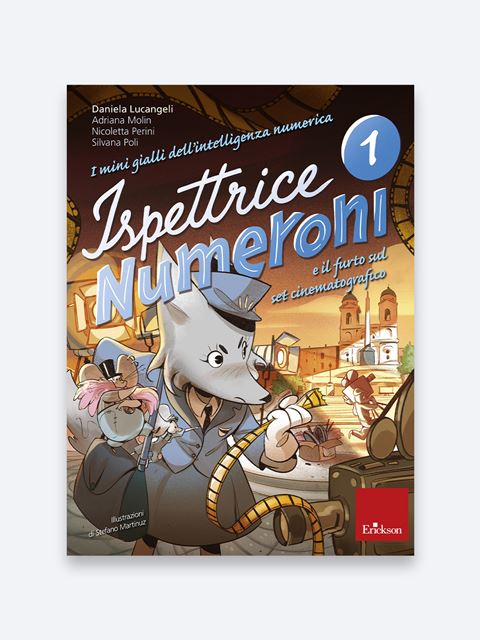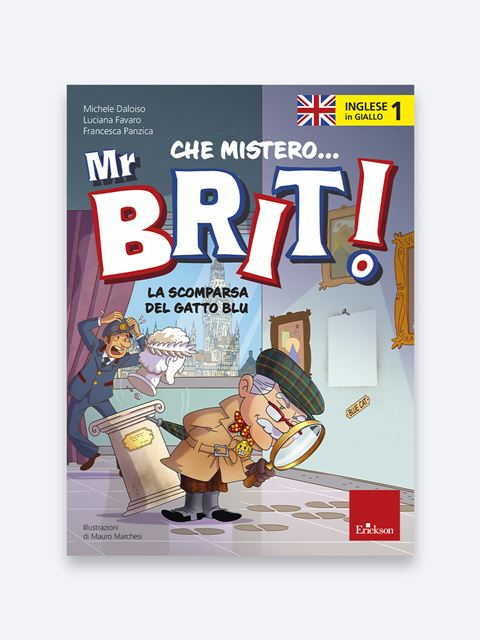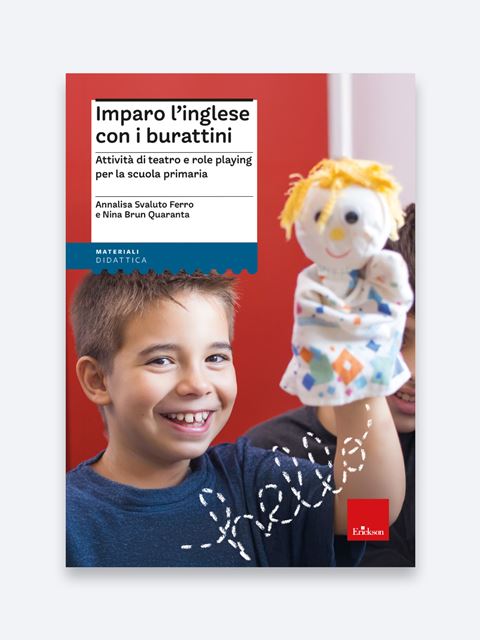


Numeric Intelligence Mini Mysteries – Volume 1
Game-book for practicing numerical intelligence in primary school
SOLD TO: France, Switzerland, Belgium, Quebec, Spanish language for Latin America, USA, Canada, Russia, Czech Republic, Albania, Slovakia, China Mainland, Turkey, Greece

What a mystery Mr. Brit! – First grade
The disappearance of the blue cat
SOLD TO: China Mainland, France, Switzerland, Belgium, Quebec, Spanish and Catalan worldwide, Slovakia, Turkey

Learning English with Puppets
Drama and role-playing activities for primary school
SOLD TO: N/A

I’ll join you after dinner
Reading Between the Lines of Eating Disorders
SOLD TO: N/A